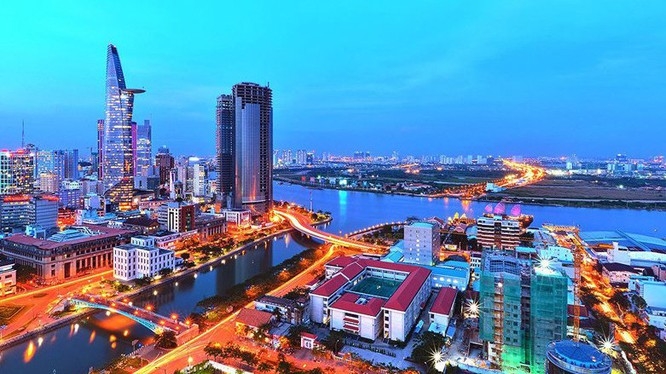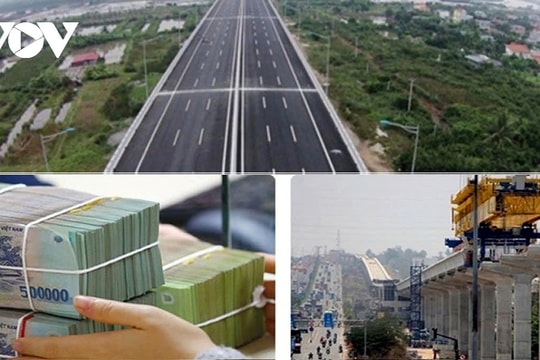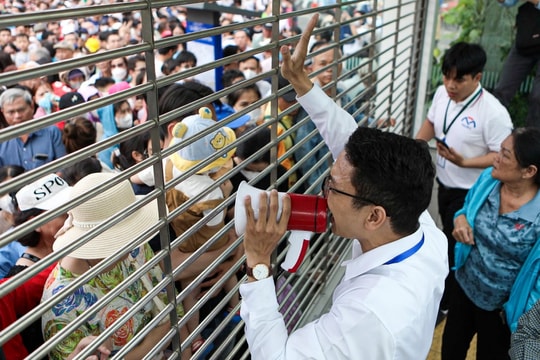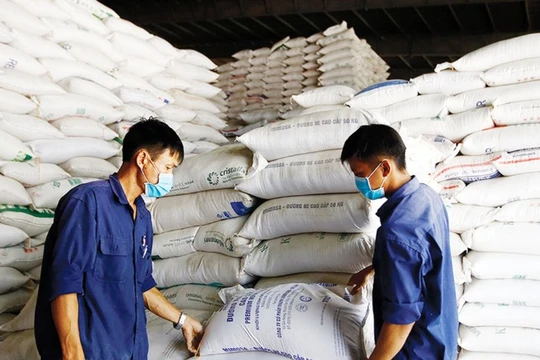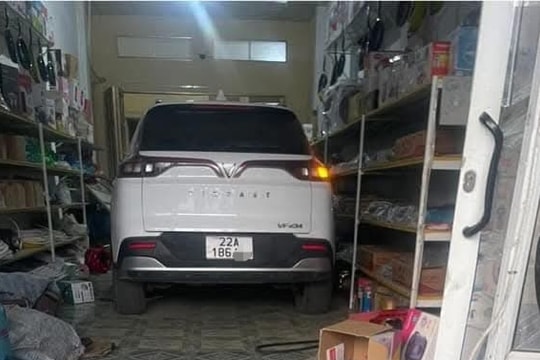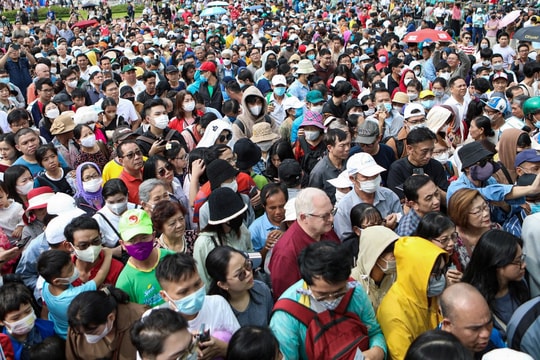Standard Chartered points out that this easing trend may support keeping interest rates low.
The bank recently forecast that Vietnamese GDP growth for the year would reach 6.8% from the previous figure of 6.0%, with momentum slowing from the third quarter.
It also sees the fourth quarter’s growth expected to moderate to 6.9%. Retail sales growth has likely eased to 6.2% from 7.6%, the export sector has eased to 6.2% from 10.7%, while electronics exports may have improved further on a year-to-date basis. Imports and industrial production likely grew at 4.0% and 9.2%, respectively, whilst credit growth has remained at around 9% year on year as of the end of September.
The country has posted several months of trade surpluses this year, whilst the external sector has stayed relatively solid. The monthly trade surplus may have widened to reach US$3.8 billion in October, compared to the figure of US$2.3 billion in the previous month, adding to a series of surpluses this year.
“While we remain cautious about Vietnam’s economy near-term given the recent moderation in macro data, we also acknowledge the economy’s ability to perform better than market expectations,” said Tim Leelahaphan, economist for Thailand and Vietnam of Standard Chartered Bank.
“The Government’s push for stronger economic growth may support low interest rates in the near future. Inflation has slowed recently but likely rose to an estimated 3.0% in October and is expected to continue increasing on an annual basis, with a further rise anticipated in mid-2025. This ongoing upward trend in inflation, coupled with a likely weaker local currency, underpins Standard Chartered’s expectation for the State Bank of Vietnam to raise interest rates by 50 basis points in the second quarter of next year,” he noted.



